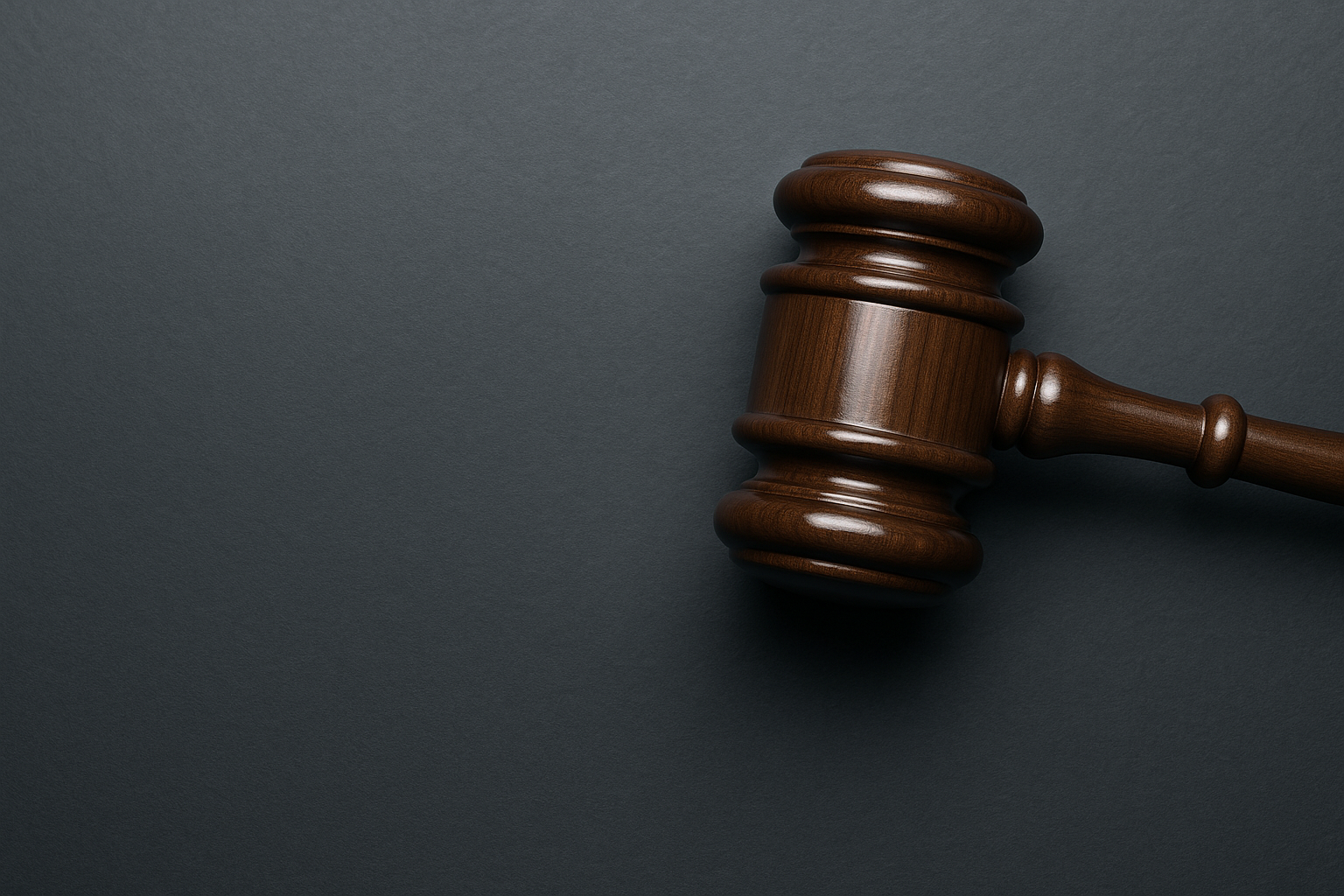Facing a conviction for a sexual offense can be overwhelming and complex. Navigating the legal landscape post-conviction requires careful consideration of potential appeals and understanding the procedural intricacies involved. It is vital to have access to experienced legal professionals who can guide you through this challenging process.
After a conviction for a sexual offense, individuals encounter numerous challenges, both legal and personal. The path forward may seem daunting, yet it is crucial to understand that options exist. Engaging with firms like PCD Solicitors can offer valuable insights into how best to proceed with an appeal. This article explores the appeals process, emphasising the importance of informed legal representation to potentially overturn or mitigate the outcome of a conviction.
The appeals process explained
The appeals process in sexual offense cases serves as a critical avenue for seeking justice after a conviction. It involves a detailed examination of the trial’s conduct to identify potential errors or injustices that may have influenced the outcome. Grounds for appeal typically include procedural errors, ineffective assistance of counsel, or newly discovered evidence that could exonerate the accused. Understanding these grounds is essential for determining whether an appeal is viable.
Initiating an appeal requires adherence to strict deadlines and procedural rules, which vary depending on jurisdiction. Typically, the appellant must file a notice of appeal within a specified period after sentencing. Following this, detailed written arguments, known as briefs, are submitted to outline the basis of the appeal. These documents play a pivotal role in persuading appellate courts to review and possibly overturn the original decision.
The complexity of this process highlights the necessity of experienced legal guidance. Legal professionals who specialise in appeals bring invaluable expertise in navigating the intricate legal frameworks that govern these proceedings. They can effectively identify pertinent issues that warrant further judicial scrutiny, thereby increasing the likelihood of a favorable outcome for their clients.
The importance of legal representation
Securing competent legal representation is paramount when considering an appeal in a sexual offense case. The stakes are invariably high, with outcomes significantly impacting both personal freedom and reputation. A skilled solicitor can evaluate your case’s specifics and provide informed advice on whether pursuing an appeal is advisable based on legal merit and strategic considerations.
Legal representation ensures that all procedural requirements are meticulously followed, preventing technical missteps that could jeopardise your case. Moreover, solicitors adept in appellate advocacy possess the necessary skills to craft compelling arguments that resonate with appellate judges. Their expertise can make a substantial difference in highlighting trial errors or presenting new evidence that could alter previous verdicts.
Without professional assistance, individuals may find themselves ill-equipped to navigate this complex legal terrain effectively. Engaging with knowledgeable solicitors offers not only strategic advantages but also emotional support throughout this arduous journey. By entrusting your case to professionals, you maximise your chances of achieving justice through the appellate system.
Examples of potential appeal scenarios
Hypothetical scenarios often illuminate the potential challenges and benefits associated with appealing a conviction for sexual offenses. Consider a case where procedural errors during trial compromised the defendant’s right to a fair hearing. An experienced solicitor could identify these discrepancies and argue convincingly for a retrial or acquittal based on such grounds.
The value of exploring these hypothetical scenarios lies in understanding how various elements—such as trial conduct or emerging evidence—can influence appellate decisions. By examining these examples, individuals gain insights into potential strategies that may apply to their unique circumstances when considering an appeal.
Read More: click here
